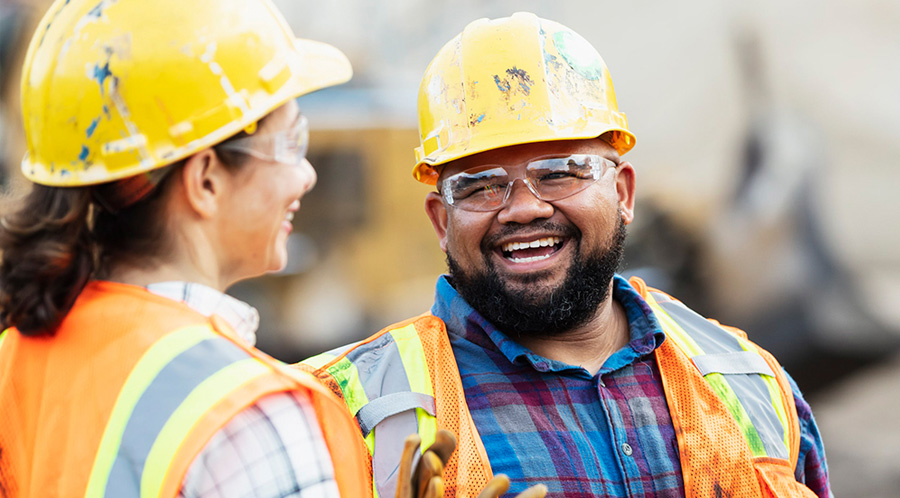
Florida is home to a significant number of roofing contractors, with a total of 4,142 according to IBISWorld statistics. This means that there are ample professional roofing opportunities available in the state.
To become a competitive roofer, it’s essential to understand the roofing laws in Florida. The state experiences frequent storms and a high risk of hurricane damage, making it crucial to be well-versed in the rules for repairing and replacing roofs.
In this article, we will cover all the essential information about roofing laws in Florida, including the requirements for obtaining a contractor’s license, standards for roofing materials and installation, and regulations concerning hurricane roof damage.
Obtaining a Contractor’s License
According to Florida law, working as a roofing contractor requires obtaining a roofing contractor’s license from the Department of Professional Regulation (DBPR) through the oversight of the Construction Industry Licensing Board (CILB).
To qualify for a roofing license, you must pass a computer-based trade exam with a score of 70% or higher. Additionally, you need a minimum of four years of experience in the roofing industry or a combination of up to three years of college credits and one year of experience as a foreman.
Proof of workers’ compensation insurance, general liability insurance, a background check, and a credit report are also required.
It’s important to note that Florida offers only one Certified Roofing Contractor license option, allowing engagement in roofing projects for both commercial and residential properties.
Florida Law Roof Replacement
When it comes to roof replacement, roofing contractors in Florida must adhere to specific laws. All roofing materials used must be approved for use under the provisions outlined in the Florida Building Code, and their installation should comply with the manufacturer’s specifications.
The state also has strict requirements for the installation of hurricane straps and anchors, which are crucial for keeping roofs securely attached during high winds.
Florida law stipulates that almost all roofing work must be performed by a licensed roofing contractor. Engaging in roofing installation or repair without the required license can result in fines, penalties, and potential future restrictions on obtaining a contractor’s license.
Hurricane Roof Damage
Given Florida’s susceptibility to hurricanes and storms, encountering clients with roof damage is highly likely. As a roofing contractor, it is important to be familiar with the laws governing storm damage repairs.
Florida has strict requirements for roof inspections following a storm, and only licensed contractors are allowed to perform repairs. The state also has a program to assist homeowners with the cost of storm repairs, but eligibility for assistance is contingent upon the repairs being conducted by a licensed contractor and meeting specific standards.
It is crucial to educate homeowners about the risks associated with working with unlicensed contractors, as they may encounter “storm chasers” offering substandard repairs at unrealistic low costs.
Roofing Materials and Installation Standards
Roofing contractors in Florida are required to use materials approved for use by the Florida Building Code. These materials should be suitable for the state’s weather conditions and meet necessary wind resistance and performance standards.
Additionally, localities within Florida may have specific requirements for roofing materials, making it essential for contractors to be familiar with the regulations in their respective areas.
Roofing contractors must follow specific standards for the installation of flashing, underlayment, and other roofing materials and components. These elements play a critical role in protecting the roof against water infiltration and leakage, ensuring its longevity.


 Get Your License
Get Your License  Continuing Education
Continuing Education  Industry Training
Industry Training 

